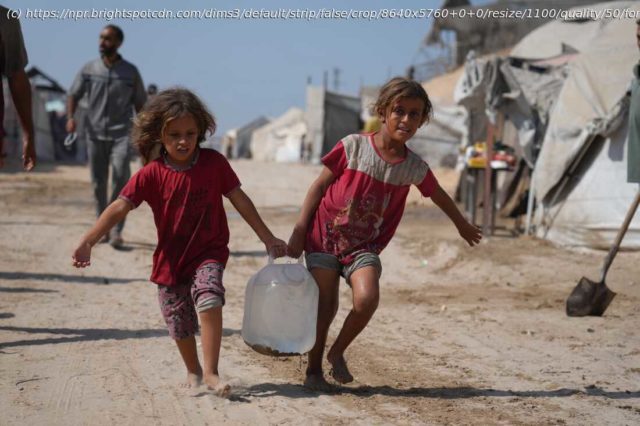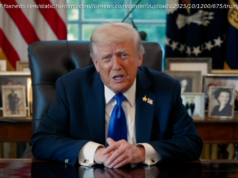The leaders of the U.S. and Israel say they have agreed to a broad plan that could end Israel’s war in Gaza. But substantial uncertainties remain.
The leaders of the U.S. and Israel say they have agreed to a broad plan that could end Israel’s war in Gaza.
But substantial uncertainties remain about when Israeli military forces would withdraw from most of the Gaza Strip, exactly how a transitional body would govern and police the enclave, and now, most critically, whether Hamas will acquiesce to its points.
Here are five takeaways from the plan and what could happen next.The plan calls for an immediate end to the war and the return of hostages.
According to the plan, within 72 hours of agreement from all sides, Hamas would release 48 living and deceased hostages to Israel. In exchange, Israel would release 250 Palestinian prisoners held in Israel who are serving life sentences, as well as 1,700 Gazan residents who have been detained since the war began.
More food and medical aid would then be let into famine-stricken Gaza and would be distributed by the United Nations agencies and the Red Crescent. The plan’s language suggests there may be no role for the controversial Israeli- and U.S.-backed Gaza Humanitarian Foundation.
Hamas would have to agree to « decommissioning » its weapons and dismantling its military infrastructure and tunnels, and it would have no role in Gaza anymore.
The plan encourages Palestinians to stay in Gaza, contrary to previous statements from Trump about displacing the nearly two million Palestinians from the enclave. It proposes a transitional body led by « qualified Palestinians and international experts » headed by the former British prime minister Tony Blair to oversee Gaza’s reconstruction.
But governance could be eventually handed over to the Palestinian Authority, which already oversees parts of the West Bank, another Palestinian territory which Israel occupies, provided it a broad series of reforms.This is the most serious effort yet to end the Gaza war, with broad Arab backing.
There have been several proposals on how to end the war, including a French-Saudi one endorsed by the United Nations earlier this month, but this proposal has the broadest global support by far.






